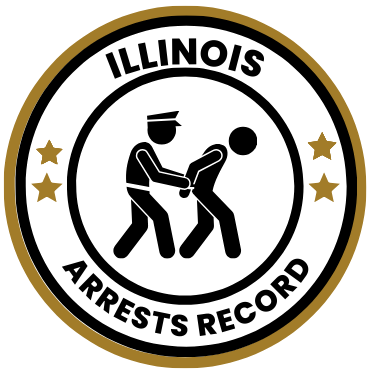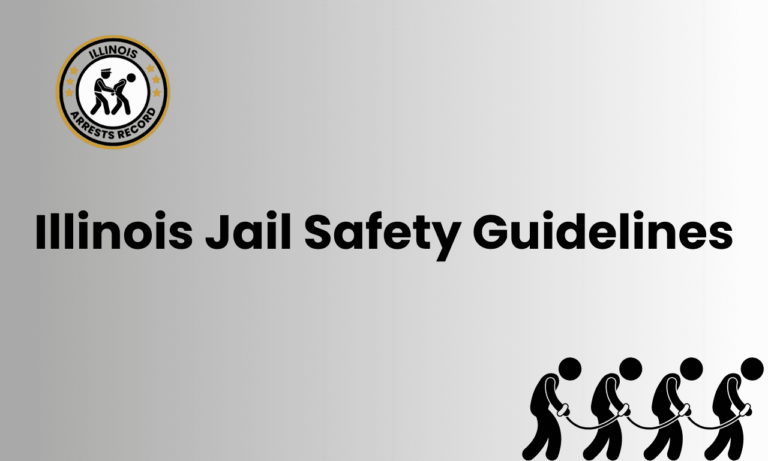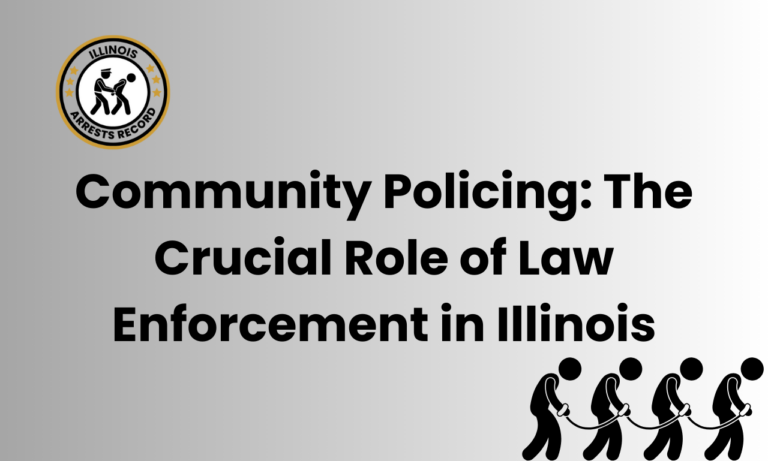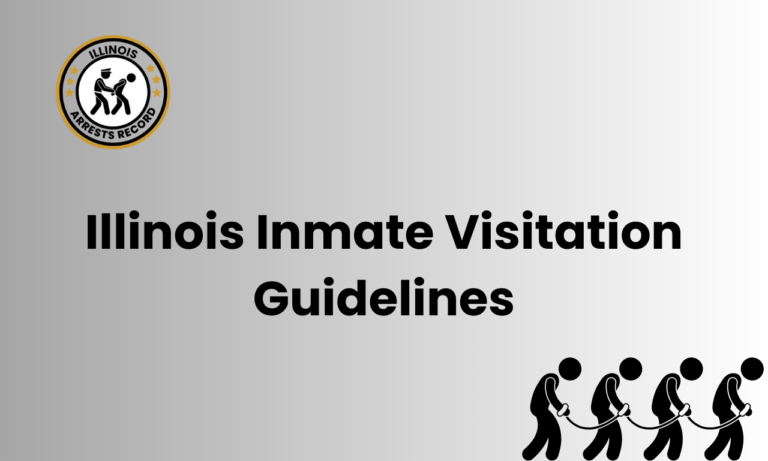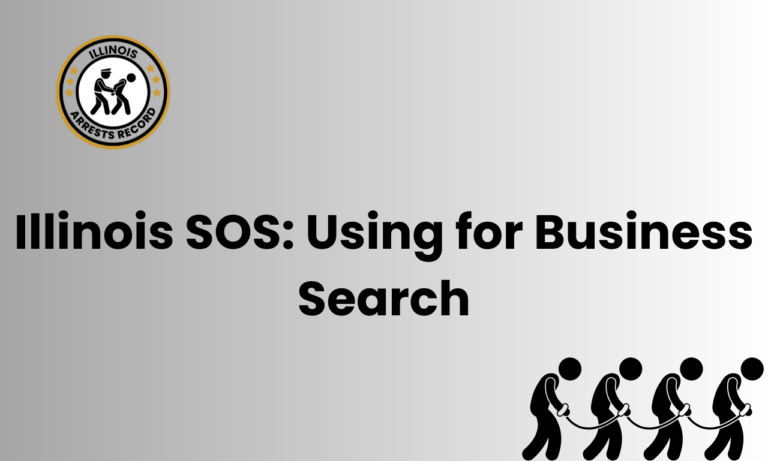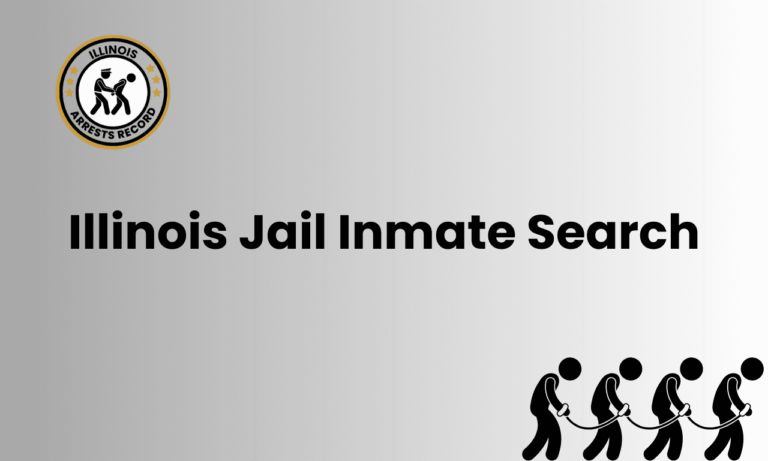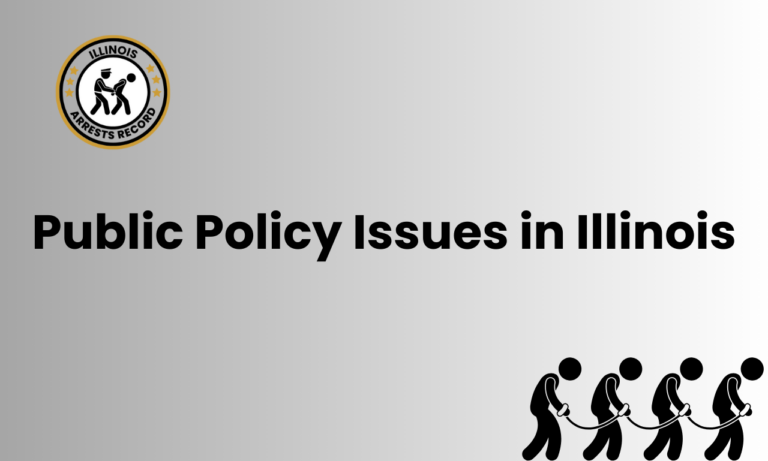Illinois Cybercrime Laws
Welcome to a comprehensive overview of Illinois Cybercrime Laws. In today’s rapidly evolving digital age, understanding the legal framework surrounding cybercrime is essential for individuals, businesses, and law enforcement agencies alike. This informative guide aims to shed light on Illinois’s specific legislation and regulations pertaining to cybercrime, ensuring that readers from all backgrounds can grasp the intricacies of this important topic.
Throughout this guide, we will explore various aspects of Illinois Cybercrime Laws, including definitions of key terms, types of cybercrimes recognized under the law, and the penalties associated with these offenses. By delving into these details, we aim to provide you with a comprehensive understanding of the legal landscape surrounding cybercrime in the state of Illinois. Whether you are an individual seeking to protect yourself from online threats or a legal professional working within the realm of cybersecurity, this guide will provide you with valuable insights and knowledge.
Understanding Key Terms
Before diving into the intricacies of Illinois Cybercrime Laws, it is important to familiarize ourselves with some key terms. By understanding these terms, readers can navigate the upcoming discussions with ease.
Cybercrime
Cybercrime refers to any criminal activity that is carried out using digital technology or the internet. It encompasses a wide range of offenses, including hacking, identity theft, online scams, and more.
Legislation
Legislation refers to the laws and regulations that are enacted by the government to govern a particular area. In the context of cybercrime, legislation plays a crucial role in defining what actions are considered criminal and the penalties associated with them.
Types of Cybercrimes Recognized in Illinois
Illinois recognizes various types of cybercrimes under its legislation. Understanding these different offenses can help individuals and organizations protect themselves and take appropriate action in case of a cyber attack.
Hacking
Hacking involves gaining unauthorized access to a computer system or network with the intention of stealing information, causing damage, or disrupting operations. This offense is taken seriously in Illinois, and severe penalties are imposed on offenders.
Identity Theft
Identity theft occurs when someone unlawfully obtains and uses another person’s personal information, such as their social security number or financial details, to commit fraud or other illegal activities. Illinois has specific legislation in place to combat this growing cybercrime.
Online Scams
Online scams involve fraudulent schemes conducted over the internet, aiming to deceive individuals and trick them into providing sensitive information or making financial transactions. Illinois Cybercrime Laws address various forms of online scams, including phishing, pyramid schemes, and fraudulent online marketplaces.
Penalties for Cybercrimes in Illinois
Illinois imposes strict penalties on individuals convicted of cybercrimes. These penalties are designed to deter offenders and protect the public from the consequences of cyber attacks.
Fines
Offenders may be required to pay substantial fines as a result of their cybercrime activities. The fines imposed depend on the severity of the offense and can range from a few thousand dollars to significant amounts.
Imprisonment
Depending on the nature and severity of the cybercrime, offenders may face imprisonment. Illinois Cybercrime Laws outline specific sentences for different offenses, with more serious crimes carrying longer prison terms.
Restitution
In cases where the cybercrime resulted in financial losses or damages to victims, offenders may be ordered to pay restitution. This is done to compensate the victims for their losses and help them recover from the impact of the cyber attack.
FAQ’s
What is cybercrime?
Cybercrime refers to criminal activities that are carried out using computers or the internet. It includes a wide range of illegal activities such as hacking, identity theft, online fraud, and the distribution of malicious software.
What are the penalties for cybercrimes in Illinois?
The penalties for cybercrimes in Illinois vary depending on the specific offense committed. They can range from fines and probation to imprisonment. For example, unauthorized access to a computer system is considered a Class B misdemeanor, punishable by up to six months in jail and a fine of up to $1,500.
How does Illinois define cyberstalking?
Under Illinois law, cyberstalking is defined as using electronic communication to harass, intimidate, or threaten another person. It includes sending unwanted messages, posting false information, and making repeated or unwanted online contact with the intent to cause emotional distress or fear.
If you become a victim of cybercrime in Illinois, it is important to report the incident to your local law enforcement agency. They will guide you through the process of filing a report and provide you with the necessary support. Additionally, you may also consider seeking legal assistance to understand your rights and options.
Yes, Illinois has specific laws regarding online privacy. The Illinois Personal Information Protection Act (PIPA) requires businesses and organizations to implement safeguards to protect personal information from unauthorized access, disclosure, or use. It also requires them to notify individuals if their personal information is compromised in a data breach.
Conclusion
By exploring the definitions of key terms, understanding the types of cybercrimes recognized in Illinois, and delving into the penalties associated with these offenses, readers can gain a comprehensive understanding of the legal landscape surrounding cybercrime in the state. Whether you are an individual seeking to protect yourself from online threats or a legal professional working within the realm of cybersecurity, this guide aims to equip you with valuable insights and knowledge to navigate the complex world of cybercrime laws in Illinois.
